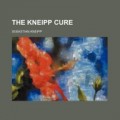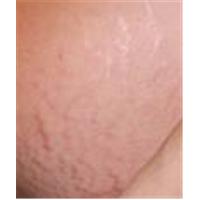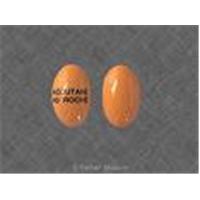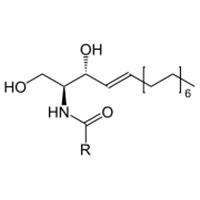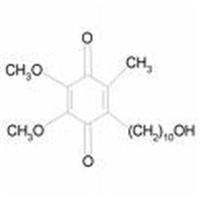Dehydroepiandrosterone (DHEA) hormones are the most abundant steroids in the human body. Low levels of DHEA are associated with aging and disease states. Specifically, a deficiency of DHEA has been found to correlate with immune dysfunction, inflammation, greater risk of certain cancers, heart disease in men, and osteoporosis. The special interest in DHEA replacement, however, stems from its function as a prohormone, meaning a precursor to a great variety of beneficial steroids, both in the estrogenic and androgenic family, on an “as-needed” basis.
Continue reading →



